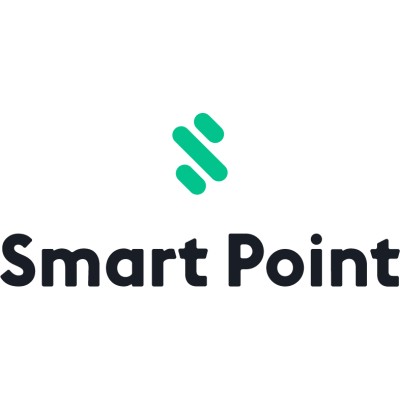Urban freight distribution currently accounts for 10-15% of automobile fleet and causes 25% of carbon dioxide emissions and up to 50% of other pollutants according to the European Road Transport Research Advisory Council (ERTRAC) and the Alliance for Logistics Innovation through Collaboration in Europe (ALICE). These congestion and pollution levels, both acoustic and airborne, are harmful for citizens and for the city itself, provoking a loss of the urban space, and the quality of it, that directly affects economic, cultural, and social activity, reducing health and quality of life.
NIMBLE addresses the lack of logistics solutions oriented towards small stores (comprising 20% of all goods distributed in a city like Barcelona) by defining a new, more efficient and seamless model of urban goods distribution. NIMBLE’s model is based on:
Project start:
Project end:
Budget:
Countries
Address congestion and pollution challenges and inefficient logistics systems in urban areas while enhancing economic viability for small businesses and improving overall quality of life in cities.
Nimble addresses the challenge of sustainable city logistics by tackling the negative externalities caused by freight distribution in urban areas.
NIMBLE redefines urban freight distribution for small stores by introducing a new locker-centered, efficient and sustainable model.
- Traffic & Emission Reduction: The replacement of delivery vans with electric cargo bikes led to a measurable decrease in traffic congestion and emissions in both pilot cities.
- End-User Engagement: A total of 54 small stores participated in the pilots (10 in Esplugues de Llobregat and 44 in Braga), actively integrating the system into their daily operations.
- Optimised Logistics: The use of centralised smart lockers streamlined deliveries, reducing the need for multiple, inefficient van trips and improving delivery times.
- Scalability Potential: Insights from the project suggest that targeting logistics companies rather than individual store owners could maximise adoption and operational efficiency.




CARNET - Fundació Centre d'Innovació i Tecnologia de la UPC